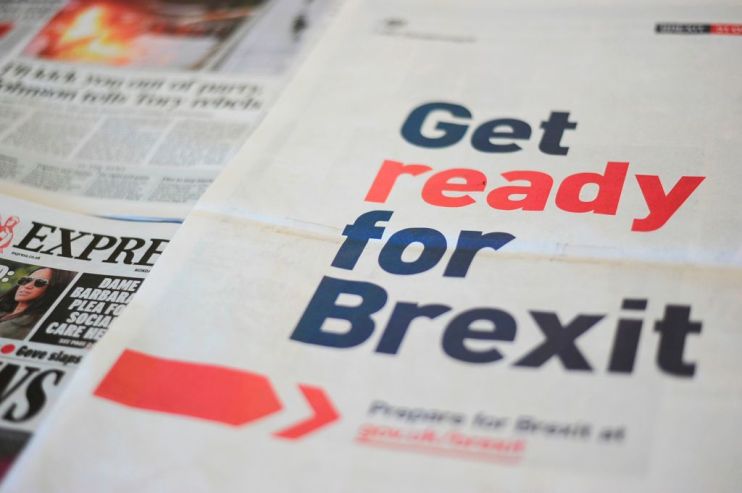As politicians argue over the EU, the City is poised and ready to trade with the world

It has now been more than 1,150 days since the referendum on the UK’s membership of the European Union. Many in the Square Mile have understandably found this period of such prolonged uncertainty frustrating.
While there have been many twists and turns in Westminster over the past week, it remains far from clear what will happen next. One thing that hasn’t changed, however, is the City’s commitment to the global multilateral trading framework as we leave the EU.
Last week, I found myself in Switzerland – like the UK, one of the world’s top three exporters of financial services – where I met key stakeholders including the Swiss Infrastructure Exchange, the Swiss Banking Association, and the Bank for International Settlements.
The key impression that I had above all others was that the Swiss share our strong commitment to regulatory cooperation and openness across global markets. Indeed, fragmentation of global financial markets is in the interests of nobody, as it increases costs for consumers, businesses and households.
We have seen how equivalence can become politicised, such as in the dispute over share trading between Switzerland and the EU. However, the costs of fragmentation are exactly why the current system of equivalence needs to be built upon, so that future decisions can provide a stable foundation for cross-border market access.
Whichever way Brexit pans out, faith in multilateralism from both the City and our like-minded partners around the world will help us to build a more inclusive and sustainable global economy.
To turn back now risks stagnation of economic growth – but to look forward is the only way to forge a pathway towards shared prosperity. An agreement between the UK and EU on trade in financial services would be a vital step towards achieving that.
Clarifying our relationship with the EU is also important so that others, like the Swiss, are clear on how we can work together.
This is why we believe in making, mitigating, and maximising.
We need to make a Brexit deal to put an end to the current uncertainty. No-deal is not a destination in and of itself, nor does it provide us with the future trading framework with the EU that we will eventually need.
For as long as it does remain a live threat, businesses need to mitigate the consequences of a no-deal Brexit as much as possible, by making sure that they have up-to-date contingency plans in place, while we continue to encourage the government and regulators to take steps to prevent cliff-edge damage.
When we then come to that future trading framework, we need to maximise the opportunities available to us, by securing maximum market access, keeping Britain open to global talent, maintaining investment, and developing a framework for the UK economy to prosper in the years ahead. Switzerland is just one example of where those future opportunities lie.
The clouds of uncertainty hovering above Westminster should not blind us to the fact that the City and London have a bright future ahead. We stand ready to seize the opportunities of the future after Brexit.
